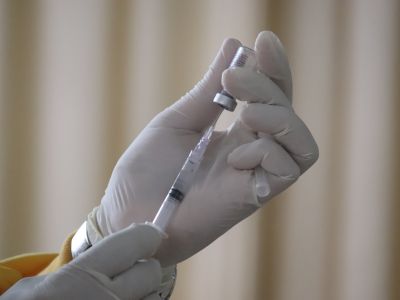Ethics of Challenge Studies, Avalanche Testing and other Approaches to Vaccine Development

In collaboration with the American Association of Engineering Education (ASEE) Ethics Division, and the Association for Practical and Professional Ethics (APPE), the National Academy of Engineering Online Ethics Center (OEC) hosted series of panel discussions on "Engineering Solutions for the Next Pandemic: Exploring Ethics Concerns."
The series explores how engineers might prepare for future pandemics, and how new engineering solutions developed with the insight and knowledge gained during this current crisis. What will it take to develop future solutions that adhere to fundamental principles and codes of engineering ethics?
Panel 2: We have had pandemics in the past yet we were not prepared for Covid-19. Solutions are being sought with a sense of urgency. For example, human challenge testing will accelerate the vaccination development process. But who are the test subjects to be? At what cost to them is their volunteerism? Testing schemes suggests a solution is needed quickly, but is it right to put risk assessments on the volunteers to evaluate? Short of a vaccine, the "controlled avalanche" approach is proposed to gain herd immunity. Given the need to find solutions quickly, must ethics must be compromised? Such alterations to ethics could have profound implications for engineering practice in terms of R&D supply chains, manufacturing, and production.

